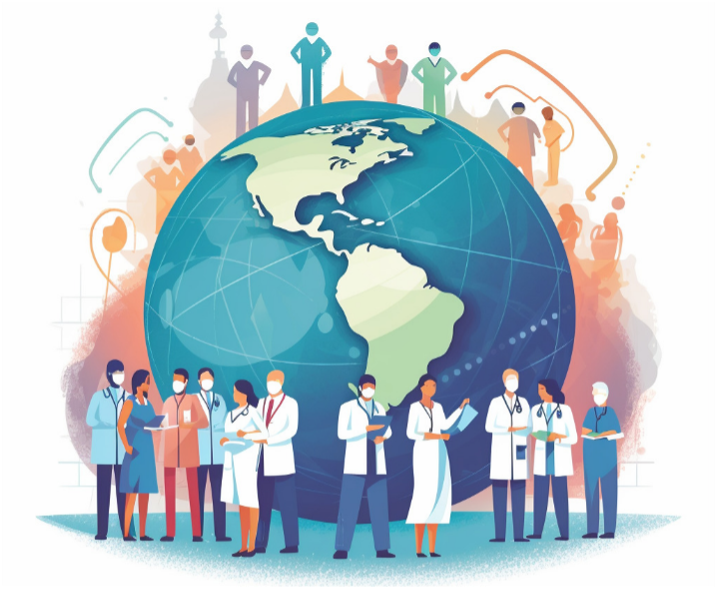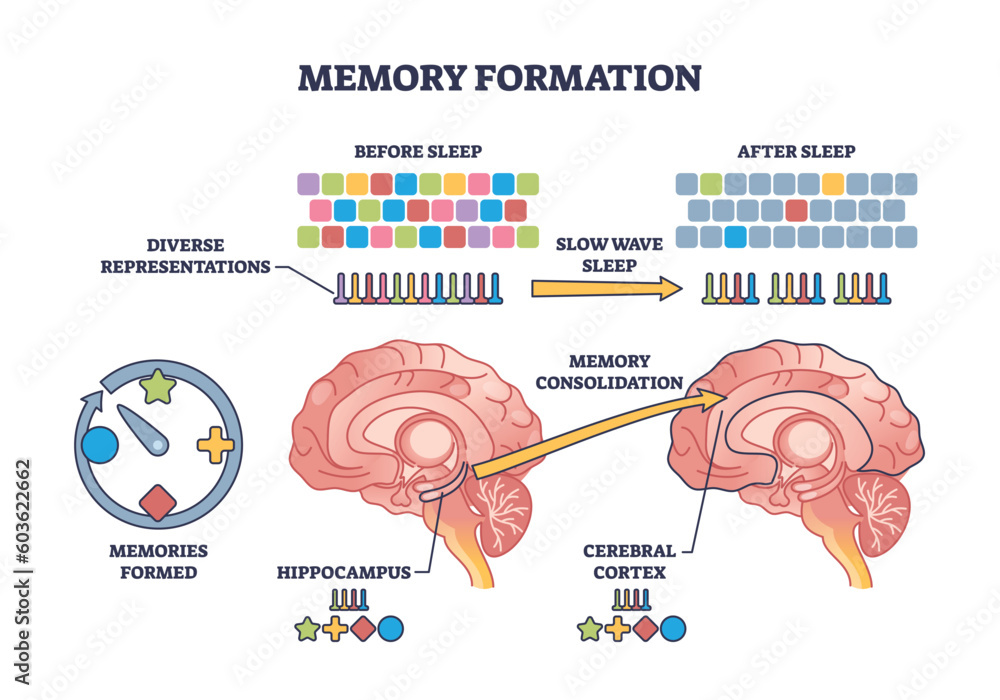Global health is at a critical juncture, as highlighted by renowned surgeon and author Atul Gawande. His insights into the damage caused by the dismantling of the U.S. Agency for International Development (USAID) reveal the urgent need for global health leadership and robust health infrastructure. Gawande emphasizes that while the effects of these cuts are devastating, there remains hope for revitalizing public health initiatives that benefit millions worldwide. The importance of science and medicine continues to resonate, especially in the face of disruptions to vital health services. As Gawande articulates, it is not too late to restore our commitment to advancing health and improving outcomes on a global scale.
In the realm of international health systems, the term “global health” encompasses a wide array of issues that influence populations across borders. Discussions around health equity, access to essential medical services, and the sustainability of health programs are crucial components of this field. Leaders like Atul Gawande inspire the next generation to engage in these pressing matters, advocating for the restoration and improvement of public health frameworks worldwide. With ongoing challenges faced by health infrastructures, it is imperative to rally efforts around public health strategies that ensure comprehensive care for all. As nations navigate these complexities, collaboration and innovation in health initiatives are essential for a prosperous future.
The Impact of USAID’s Structural Changes on Global Health
Atul Gawande has been an outspoken critic of the drastic changes implemented at the U.S. Agency for International Development (USAID) under the last administration. With the dismantling of countless programs and a significant workforce reduction, the long-term effects on global health initiatives are alarming. USAID has historically played a vital role in providing support to developing nations, empowering them with resources to tackle pressing health issues like maternal and child mortality, infectious diseases, and emergency responses to outbreaks. This interruption in service delivery compromises the health infrastructure that was carefully built over decades.
Furthermore, Gawande highlights that the rapid response mechanisms established by USAID—such as surveillance systems for diseases like Ebola—have been severely weakened. These mechanisms allowed for quicker interventions in health crises, showcasing the importance of sustained funding and development. The void left by these cuts poses not only a risk to foreign health outcomes but also to America’s reputation as a leader in global health initiatives. Without the back-up of robust federal programs, the repercussions could be felt both domestically and internationally, particularly as nations look to the U.S. for leadership and support during emergencies.
Frequently Asked Questions
What role does USAID play in global health initiatives?
USAID plays a crucial role in global health initiatives by funding and implementing programs aimed at improving health outcomes worldwide. The agency focuses on disease prevention and response efforts, enhancing health infrastructure, and supporting public health initiatives that benefit millions, particularly in underserved populations.
How has Atul Gawande influenced global health leadership at USAID?
Atul Gawande, during his time at USAID, influenced global health leadership by advocating for science-based public health initiatives and enhancing emergency response capabilities. His leadership helped to streamline processes that significantly reduced response times to global outbreaks, demonstrating the importance of effective health infrastructure in managing health crises.
What challenges does the USAID face in maintaining health infrastructure for global health?
USAID faces significant challenges in maintaining health infrastructure due to budget cuts, staff reductions, and program terminations that have led to a decline in global health efforts. These challenges jeopardize ongoing public health initiatives and the agency’s ability to respond effectively to health emergencies worldwide.
Why is public health leadership vital for global health outcomes?
Public health leadership is vital for global health outcomes as it drives coordination and collaboration across different sectors to implement effective health strategies. Strong leadership ensures that programs are evidence-based and effectively target the health needs of communities, therefore improving health outcomes globally.
How can the USA maintain its position as a global health leader?
To maintain its position as a global health leader, the USA needs to reinvest in its health infrastructure, support public health initiatives, and collaborate with international partners. Emphasizing science and evidence-based practices in health policy will be critical to re-establishing its influence and effectiveness in addressing global health challenges.
What are the long-term goals of global health initiatives supported by USAID?
The long-term goals of global health initiatives supported by USAID include reducing maternal and child mortality rates, preventing and treating infectious diseases, and ensuring universal access to healthcare. These initiatives aim to promote health equity and enhance the quality of life for individuals in marginalized communities around the world.
| Key Points |
|---|
| Atul Gawande’s critique of USAID restructuring under the Trump administration, highlighting its negative implications for global health. |
| Impact on millions due to the significant cuts to USAID’s programs and staff, including loss of vital health infrastructure. |
| Goal of USAID was to reduce emergency response times for outbreaks from weeks to under 48 hours through a global surveillance network. |
| Achievements included reductions in maternal and child deaths and improved outcomes in HIV, tuberculosis, and malaria treatment. |
| Concerns over halted funding impacting critical research centers, endangering advancements in health and medical care. |
| Need for continued commitment to health and science, and the importance of follow-through in global health initiatives. |
| Gawande’s hopeful outlook on global health, despite doubts about America’s leadership role in the future. |
Summary
Global health remains a critical issue worldwide, significantly impacted by recent governmental changes, particularly the restructuring of USAID. Atul Gawande emphasizes the urgent need to restore and support health infrastructures globally, as the loss of resources and expertise poses severe threats to health outcomes in vulnerable populations. The acknowledgment of these challenges and the call for renewed commitment from both individual experts and nations underscores the collective responsibility in nurturing global health initiatives. While the landscape may change, the essential work of improving health and saving lives must continue steadfastly.


